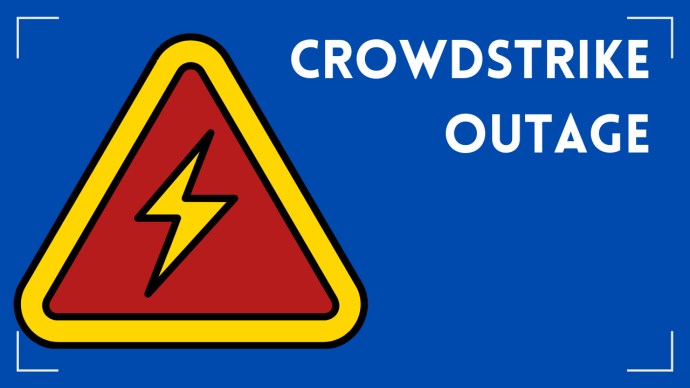Cloud-based services are rapidly revolutionizing the business world. Although the concept behind the technology isn’t new (web-based e-mail, which has been around for more than a decade, is an everyday example of cloud technology ) the impact is only beginning to trickle down to businesses.
A recent Robert Half International survey asked 1,400 CFOs about perks they are already providing or considering to strengthen employee retention and motivation. At 24 percent, the second most important consideration was flexible work hours and telecommuting.
Recent IDC research indicates the world’s mobile worker population will total more than 1.3 billion (more than 37 percent of the total workforce) by 2015.
What can Small and Medium Sized Enterprises (SMEs) do to capitalize on cloud benefits?
Moving Phone Service to the Cloud
One of the strongest strategies for SMEs is moving business phone service to the cloud. Cloud-based technology powers the Hosted PBX, a solution that allows businesses of nearly any size to have a sophisticated telephone service with minimal investment in equipment. The service provider “hosts” the equipment and manages the network, and thus the business does not require an on-premise PBX system. A Hosted PBX system also provides significant, long-term savings, with an impressive set of features and greatly simplified management and configuration.
A Hosted PBX lets employees work from home, remote offices, cell phones or even overseas while still being connected to the same office telephone service. The technology allows for video conferencing, which makes remote collaboration more effective than ever. Thanks to the virtual nature of the service, companies looking to cut down on office and vehicle costs can easily de-centralize without customers ever hearing the difference. All employees are still connected to each other as if they were in the same physical office space.
Hosted PBX advantages
Traditional on-site PBX systems, despite their often prohibitive costs, cannot match the advanced feature set of a Hosted PBX solution. In addition to standard features such as auto-attendants with professional greetings, voicemail to e-mail and North American long-distance calling, a Hosted PBX gives companies who use their phones intensively the ability to go deeper. With hunt groups, find-me/follow-me capability and time-based behaviors, the Hosted PBX is highly flexible.
For call centers and contact centers, which handle high call volume, the advantages can be even greater. Advanced call queuing and skill-based routing help managers ensure the right agent always gets the call. Ongoing reporting and performance tracking is made vastly more efficient with detailed, granular reports that managers can export at any time. These reports include mission-critical metrics, such as number of calls answered and unanswered, average time to answer, average hold time and much more.
Through a user-friendly web interface, users with administrative access can easily modify nearly any aspect of the service. Modifying an on-site PBX, for comparison, is considerably more complex and typically requires a service visit from a technician.
Getting to the Cloud
Business owners considering a Hosted PBX option need to ensure they have the following to enable the transition:
- Internet connection: with ample bandwidth for all staff using the phones.
Network equipment. At a minimum you’ll need a business-grade router capable of serving multiple employees. An unmanaged switch can expand the number of available ports, if required. Most
- Hosted PBX providers sell or recommend appropriate network equipment.
Phones designed for Hosted PBX service. Again, nearly all providers sell recommended models.
- Power over Ethernet and battery backup: optional, but recommended for systems where constant phone connectivity is mission-critical.
- Network/IT provider: optional. Although not required for smaller and simpler systems, or deployments on which the customer is technically capable, an IT professional can be a powerful resource in a larger build-out.
With these relatively simple requirements, SMEs can quickly start enjoying the benefits of a sophisticated telephone system without the investment in telephone equipment.
By Adam Simpson
Adam Simpson is Founder and CEO of Easy Office Phone Established in 2005, Easy Office Phone provides Business VoIP and Hosted PBX service to companies and organisations of all sizes throughout North America.



